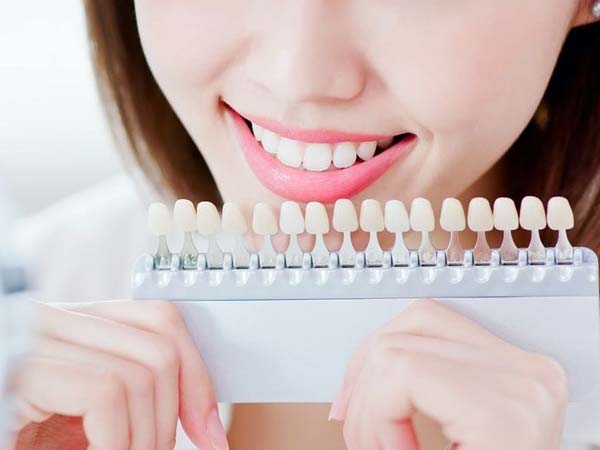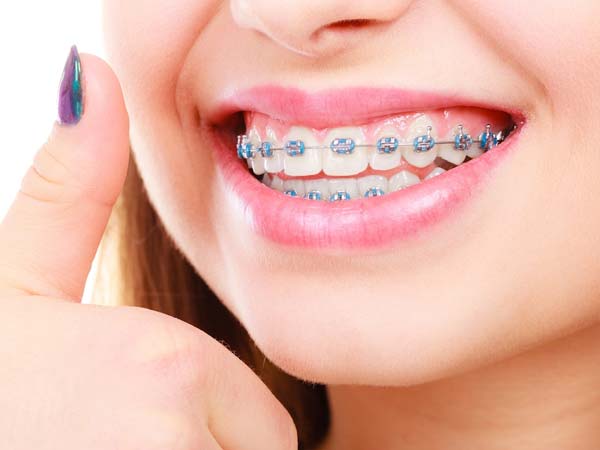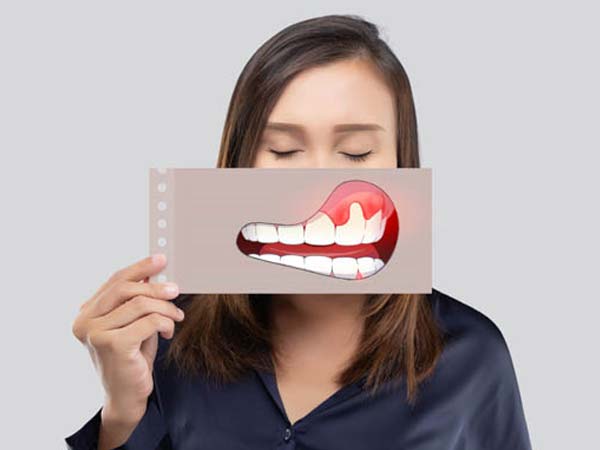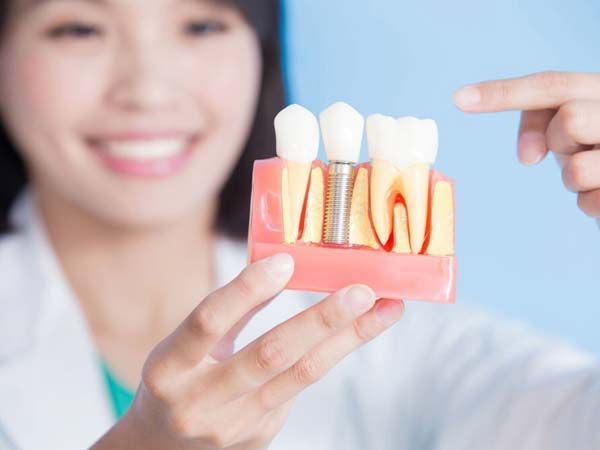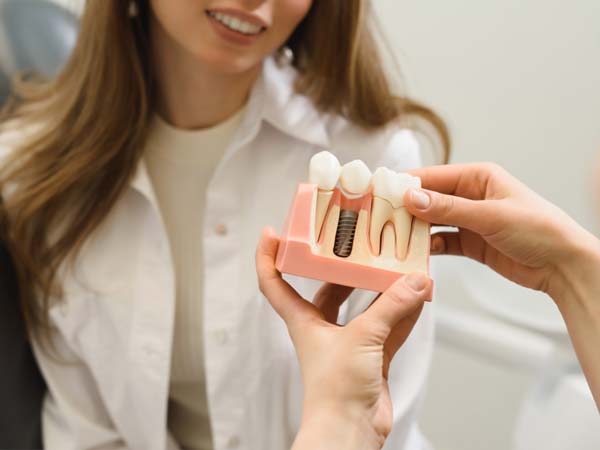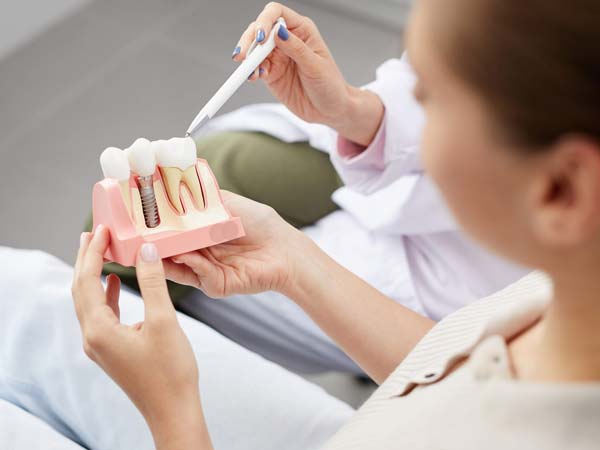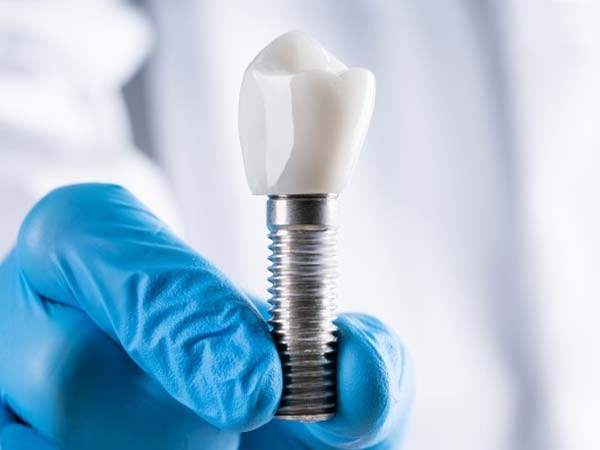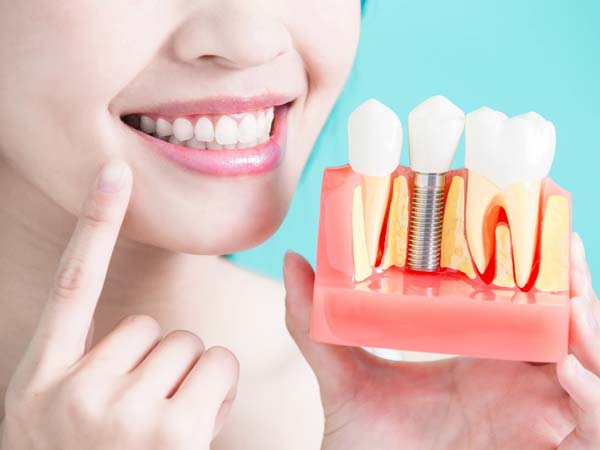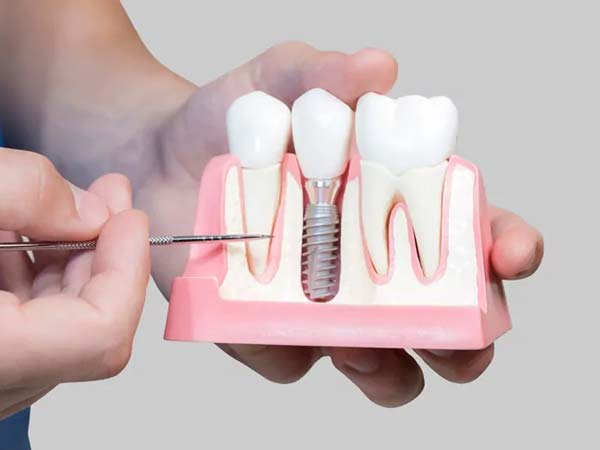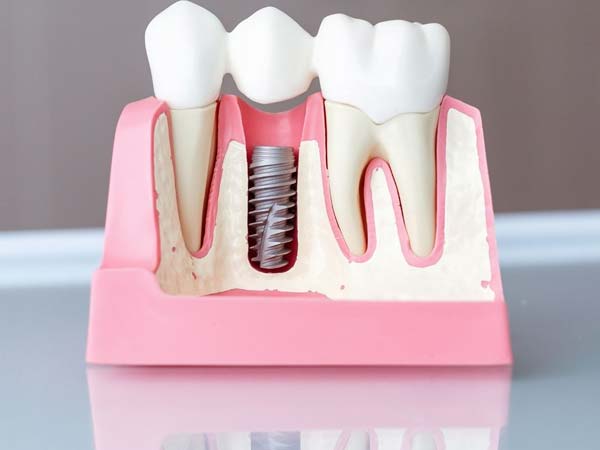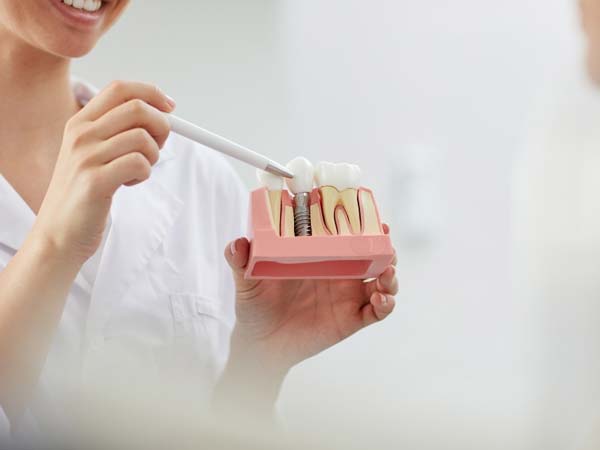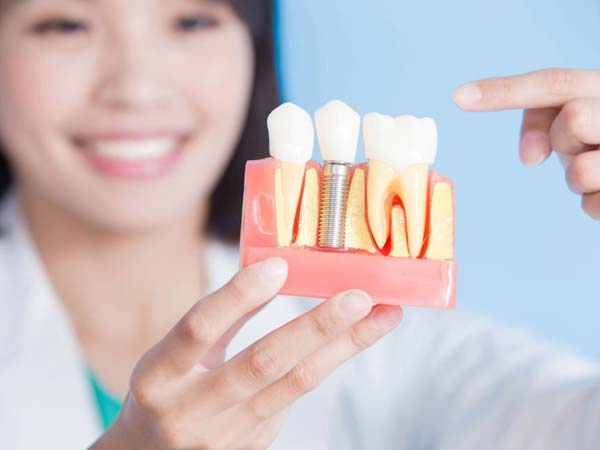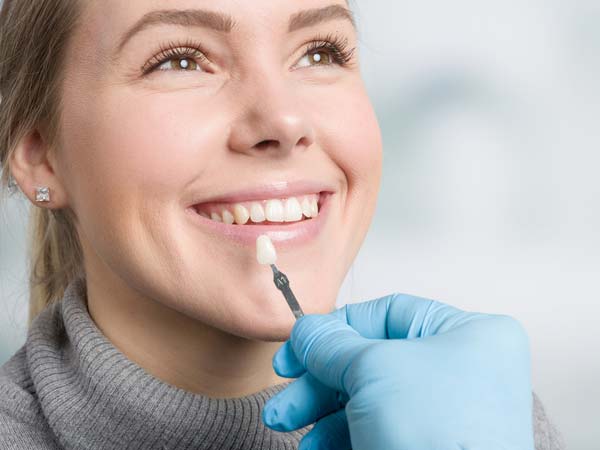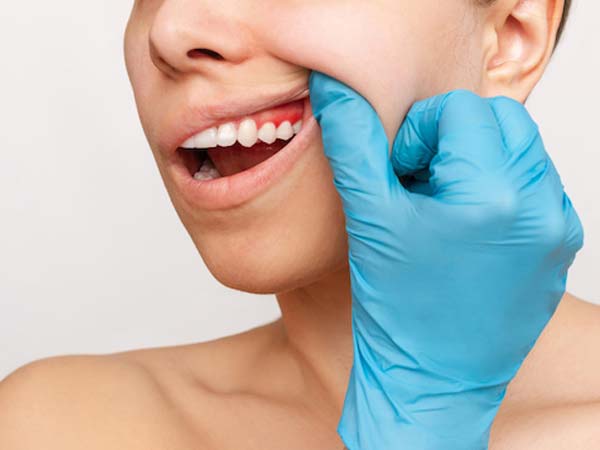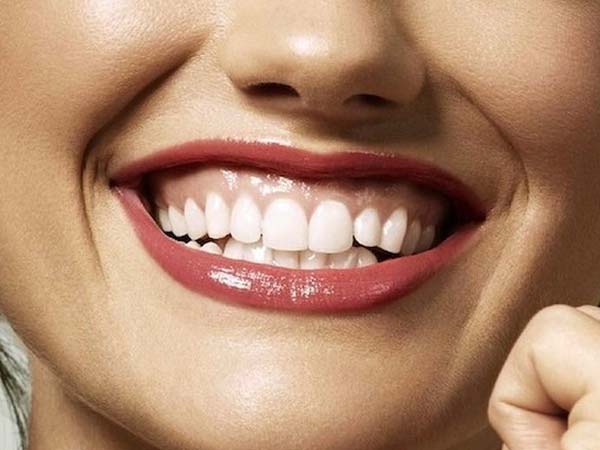
Pediatric Dentistry: Caring for Your Child’s Dental Health
Pediatric dentistry is a specialized field of dentistry that focuses on providing comprehensive dental care to infants, children, adolescents, and individuals with special healthcare needs. It is essential to prioritize your child’s oral health from an early age to promote healthy teeth and gums, prevent dental problems, and establish good oral hygiene habits. Let’s explore the significance of pediatric dentistry and how it contributes to your child’s overall well-being.
The Importance of Pediatric Dentistry:
- Early Dental Care: Pediatric dentistry emphasizes the importance of early dental care, starting from the eruption of the first tooth. Regular dental check-ups allow the dentist to monitor your child’s oral development, address any concerns, and provide guidance on proper oral hygiene practices.
- Prevention of Dental Issues: Pediatric dentists are trained to identify and prevent common dental issues in children, such as tooth decay and gum disease. They educate parents and children about the importance of a balanced diet, proper oral hygiene, fluoride treatments, and dental sealants to protect against cavities.
- Child-Friendly Environment: Pediatric dental offices are designed to create a welcoming and child-friendly environment. The dental team is experienced in working with children and utilizes techniques to ensure their comfort and minimize anxiety during dental visits. This helps foster positive dental experiences and builds trust with the dentist.
- Specialized Care for Unique Needs: Pediatric dentists are equipped to handle the unique needs of children, including those with special healthcare requirements. They have expertise in treating developmental issues, oral habits (such as thumb sucking), and providing dental care to children with physical, intellectual, or emotional disabilities.
Common Services Provided by Pediatric Dentists:
- Dental Examinations: Regular dental check-ups allow the pediatric dentist to assess your child’s oral health, monitor tooth eruption, and identify any potential dental problems early on. These visits also provide an opportunity to educate parents and children about proper oral hygiene techniques.
- Preventive Care: Pediatric dentists focus on preventive measures to protect your child’s teeth. This includes dental cleanings, fluoride treatments, dental sealants, and nutritional guidance to promote healthy habits and reduce the risk of tooth decay.
- Treatment of Dental Issues: If dental problems arise, pediatric dentists offer a range of treatments tailored to children’s needs. These may include dental fillings, pulpotomies (baby tooth root canal treatment), extractions, and space maintainers to ensure proper tooth alignment.
- Orthodontic Evaluation: Pediatric dentists can assess your child’s orthodontic needs and refer them to an orthodontist if necessary. Early evaluation allows for timely intervention in cases of misaligned teeth or improper jaw growth.
Promoting Lifelong Dental Health:
Pediatric dentistry plays a crucial role in establishing a strong foundation for your child’s dental health. By providing comprehensive care, preventive measures, and education, pediatric dentists aim to promote optimal oral health and create positive dental experiences for children. Early and regular visits to a pediatric dentist set the stage for a lifetime of healthy smiles.
FAQs (Frequently Asked Questions)
- When should my child have their first dental visit? The American Academy of Pediatric Dentistry recommends that children have their first dental visit by their first birthday or within six months of the eruption of their first tooth. Early visits help establish a dental home, familiarize your child with the dentist, and ensure proper oral health care from the start.
- Are dental X-rays safe for children? Dental X-rays, when necessary, are generally safe for children. Pediatric dentists follow strict guidelines to minimize radiation exposure and use lead aprons and thyroid collars for additional protection. The frequency of X-rays is determined based on your child’s specific needs and risk factors.
- How can I help my child maintain good oral hygiene at home? Encourage regular brushing with a soft-bristled toothbrush and fluoride toothpaste appropriate for your child’s age. Help your child brush their teeth until they can do so effectively on their own. Additionally, promote healthy eating habits, limit sugary snacks and drinks, and encourage drinking water throughout the day.
- Can thumb sucking or pacifier use affect my child’s dental health? Thumb sucking and pacifier use are common habits in young children. Prolonged or vigorous habits may impact dental development. Pediatric dentists can provide guidance on managing these habits and their effects on oral health.
- At what age should my child start orthodontic treatment, if needed? The age for orthodontic treatment varies depending on individual needs. Early orthodontic evaluations are recommended around the age of 7 to identify potential issues and plan for timely intervention if necessary. The orthodontist will determine the appropriate timing for treatment based on your child’s specific situation.



